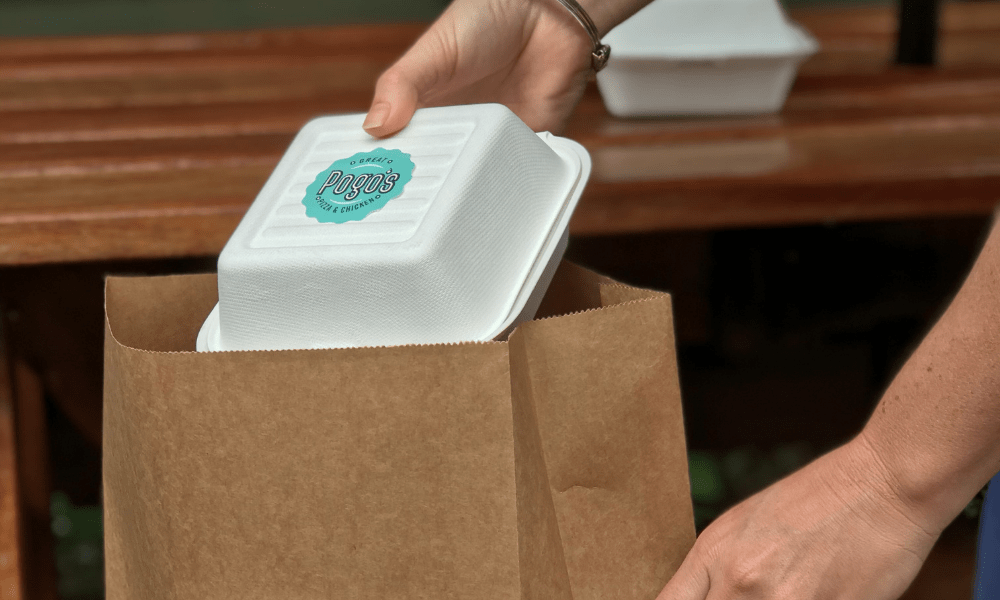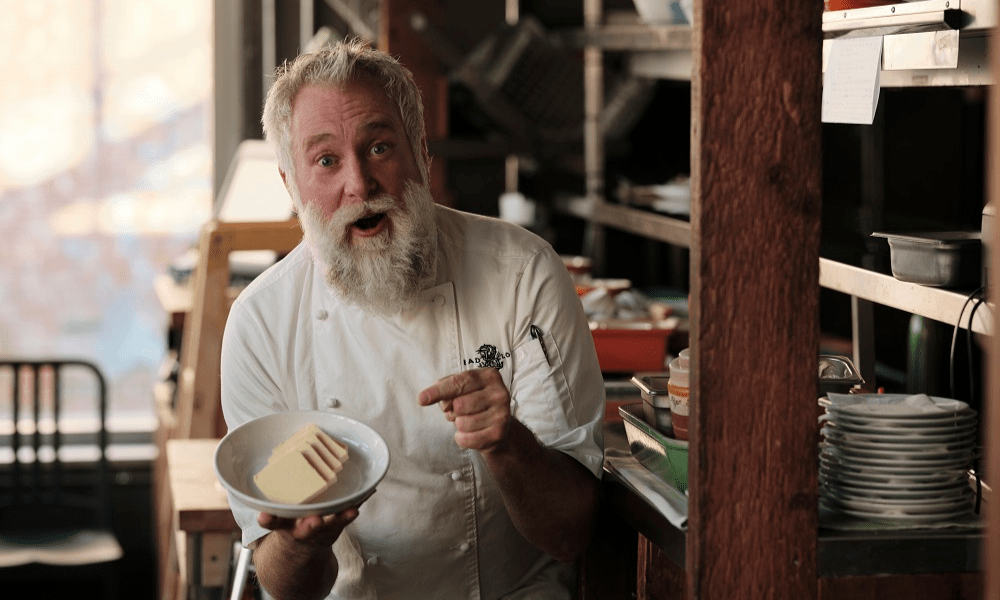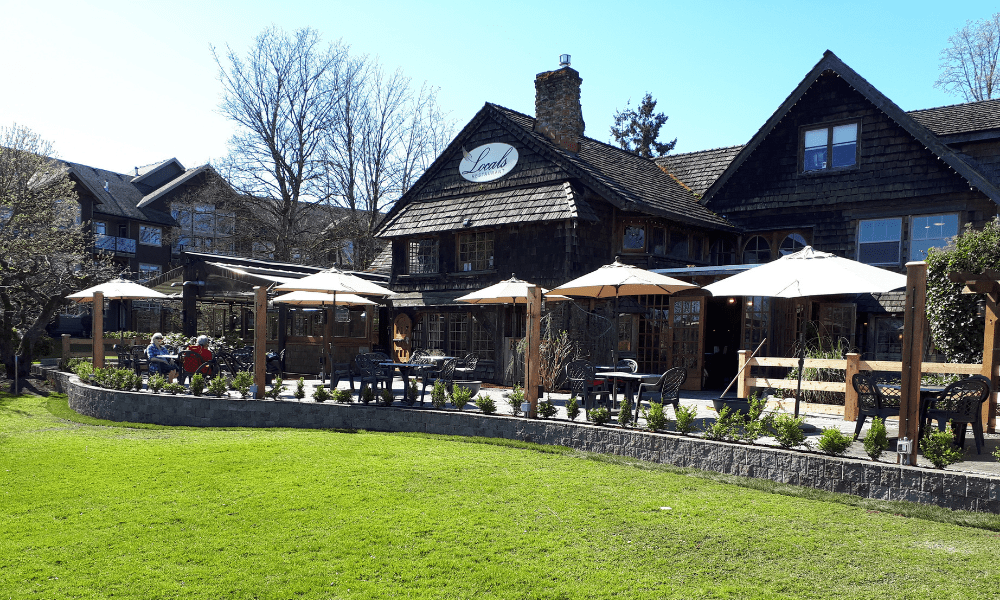How Have Canada’s ‘Greenest’ Restaurants Adapted to Ensure Continued Sustainability Practices Despite the Covid-19 Pandemic?
Increasing consumer demand for visible information displays and endorsements of environmentally sustainable processes in the foodservice industry is a great opportunity to boost business success, and should capture the attention of restaurateurs.
Responses gathered by Restaurants Canada as part of their quarterly Restaurant Outlook Survey, found that 82 per cent of respondents reported that, “environmental sustainability was moderately to very important” to the success of their business. A further 92 per cent proposed improving (or at the very least, continuing) their sustainable operations over the course of the next three years.
While the value of sustainability investments is clear, training staff, the limited availability of environmentally friendly products and implementation costs are seen as barriers to improving the sustainability of the foodservice industry.
In 2019, Catherine McKenna, Canada’s Minister of the Environment and Climate Change, unveiled two programs to help eligible small and medium-sized businesses be more energy-efficient, save money and contribute to national targets to reduce greenhouse gas emissions.
Understanding how some of Canada’s “greenest” restaurants have maintained their sustainability efforts and navigated the precarious nature of the pandemic is worth exploring.
“When COVID hit, it hit hard and fast,” said Leaders in Environmentally Accountable Foodservice (LEAF) Founder and President, Janine Windsor. “The initial devastation led to the undoing of a number of restaurant sustainable practices.”
An ongoing example is the significant increase in the number of single-use containers, cutlery and other items, in a bid to gain consumer confidence in food safety and, in some cases, to cut down on what has become an unaffordable labour expense. However, Windsor was also able to highlight several sustainable adjustments that operators had to make in order to survive. “Lessening the number of menu items to achieve the ultimate goal of reducing food waste is just one of the changes that have been implemented,” she explained.

As the national Canadian leader in sustainable foodservice standards, LEAF’s expertise lies in determining what truly qualifies a restaurant as “green.” As defined by the organization, “a ‘green’ or sustainable restaurant is one that considers its relationship with the environment in everything it does, from the day-to-day operations to the larger business decisions”.
More holistically, certification also considers the welfare of the people restaurants employ, as well as the community, which is directly intertwined with the financial sustainability of the business and local economy. To qualify for a coveted place on the LEAF list, operators participate in an evaluation process that takes into account what is achievable for their business. Operators work with an auditor to establish where they currently are in their sustainability journey and discuss what needs to be done to become level one, two or three LEAF certified.
Every application is reviewed by the LEAF volunteer advisory board and certified businesses must have a site visit every three years thereafter. Becoming LEAF certified not only heightens public appeal by virtue of being a facility committed to reducing environmental impact, it lowers costs and positions businesses as industry leaders with the power to attract like-minded employees and customers.
Despite the unpredictability, some of Canada’s “greenest” restaurants have continued to adapt to the multiple challenges the pandemic has posed to their sustainability efforts. Windsor shares that the results of a survey conducted by LEAF supports the notion that for members, “It wasn’t a case of sustainability falling down the list of priorities, it was that the focus had shifted to establishing new and creative ways—such as using recycled windows for partitions—to remain committed to the sustainability cause.”
“Consumers and staff alike want to work for and support businesses that continue to make the effort,” says Windsor, “…so there is an expectancy
that, as businesses get back on their feet and work towards some sense of normalcy, their recognition of the business case for sustainability and that reducing waste, water and energy increases profitability, will resurface as the priority.”
Of the restaurants the LEAF team surveyed, 90 per cent said they planned to reinstate previous practices as soon as possible and when businesses are ready, the LEAF organization will be there to help them achieve their sustainability goals.
For those looking to learn more about restaurant sustainability, please check out LEAF’s online Sustainable Foodservice Professional course at: sfpcertificate.ca
Several Canadian LEAF-certified members have come forward to discuss how they’ve remained intact with their commitment to sustainability whilst navigating the obstacles of the pandemic.
Chic Alors! – Quebec City, Quebec

Hugues Philippin, owner of the Chic Alors! restaurant located in the Cap-Rouge sector of Quebec City, had been looking for official recognition for the restaurant’s continued sustainability efforts and was interested in establishing goals to work toward.
“As it turned out,” he said enthusiastically, “we got Level Three certification at our first audit!” Level Three is the highest certification level and reinforced Philippin’s belief that a high-volume, modern and comfortable restaurant didn’t have to compromise when it came to sustainability. “Sustainability means the whole business process has been analyzed and that everything wasteful has been corrected. To me, sustainability means profits.”
In saying this however, he understands that during the pandemic, “Most restaurants went into survival mode and didn’t think it would be a good time to invest time or what little money was left into sustainable practices. We were thankfully able to upkeep the recycling and sorting of compostable material and our 100 per cent electric delivery fleet.”
Café Belong – Toronto, Ontario

For the past decade, Café Belong has embodied the circle of sustainability, and for chef and owner Brad Long the pandemic provided some perspective.
“When the fog of anxiety and frustration cleared, we had to explore alternatives. I have, without a doubt, seen my priorities somewhat rearranged, though safety and striving to meet customer needs has remained the foundational aspect of our operation.” Long explained.
“Though a lot of what we’ve learned isn’t so much applicable to the day-to-day ops, we’ve done quite a bit of homework on technological changes, especially as we’ve had to adapt to being cut off from our team and our guests.”
Locals Restaurants – Comox Valley, British Columbia

“Rather than trying to resist the challenges that the pandemic presented, we decided to lean into it,” says owner Tricia St. Pierre of Locals Restaurant, based in Comox Valley on the east coast of Vancouver Island. “The fact that there is more than one way to do things has been reinforced and we’ve needed to be more creative, resourceful and flexible. We’ve had to learn to tighten our belts and streamline processes, which we think will ultimately have long-term benefits.”
There is also a clear alignment on how patient and understanding guests have been with regard to the various challenges, with Philippin mentioning that “In our case, no customers complained about single-use placemats, menus and masks— I think they understand it’s temporary.” St. Pierre reinforces how “the public has been very supportive of
all efforts to remain green.”










1 Comments